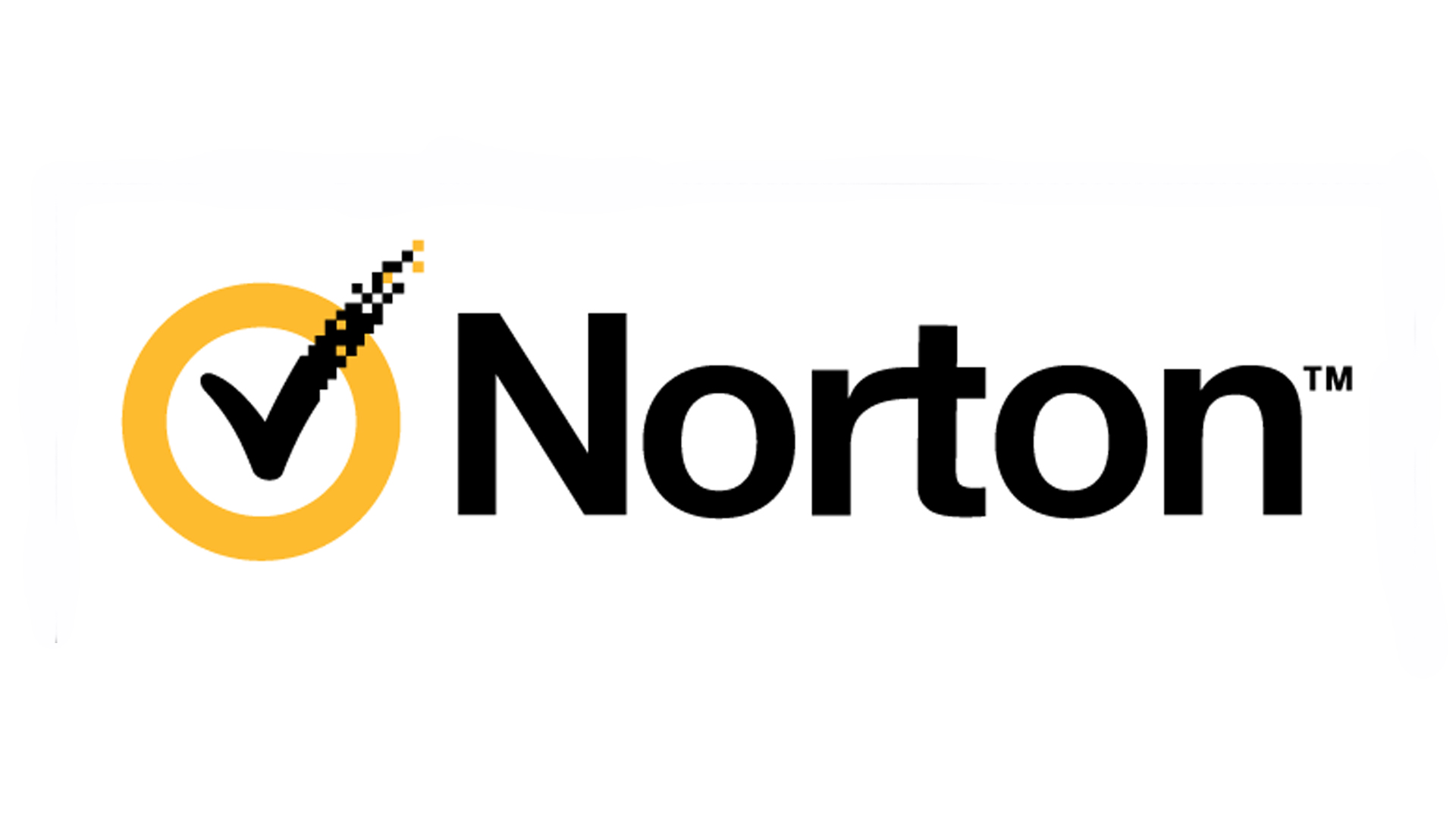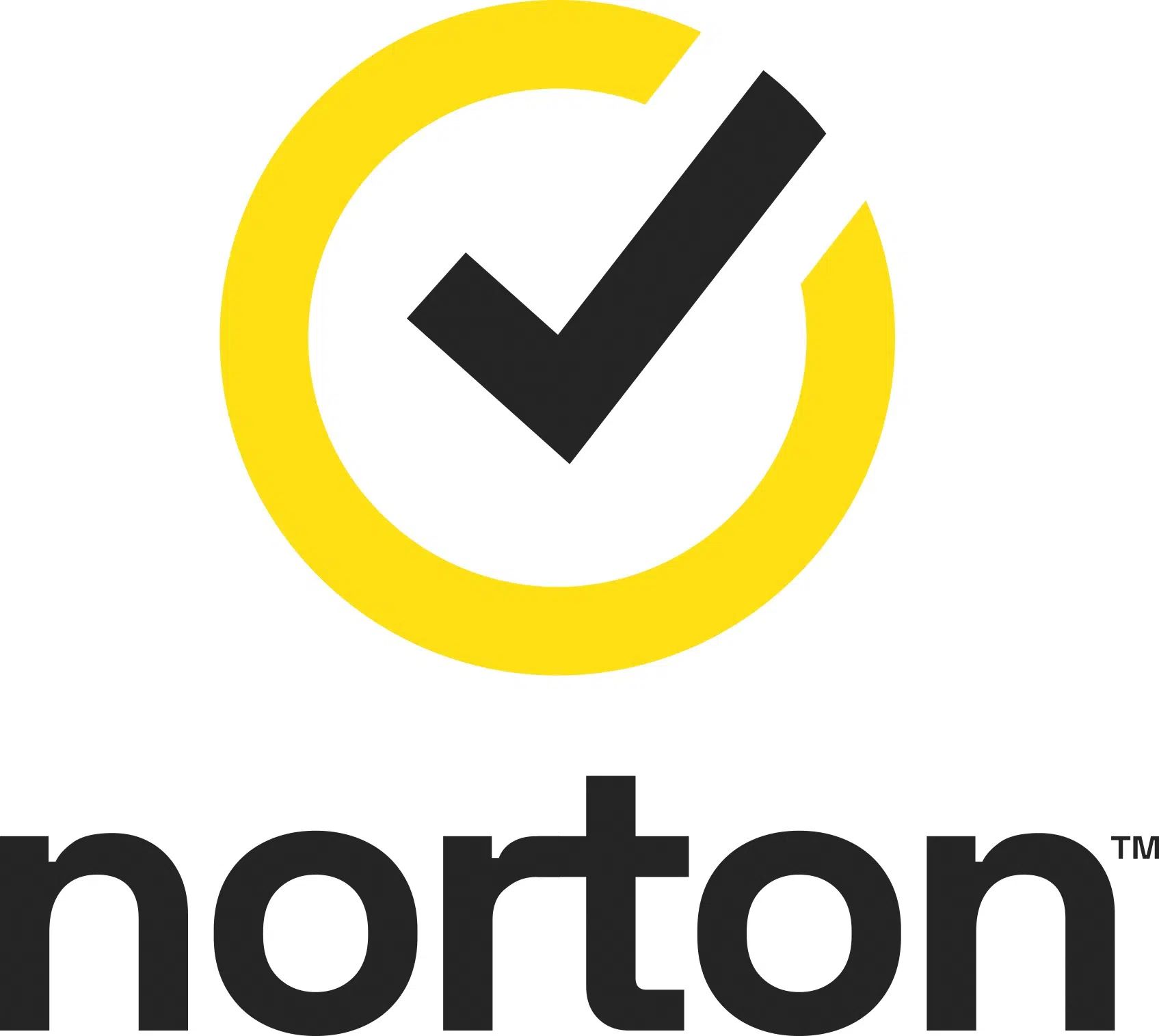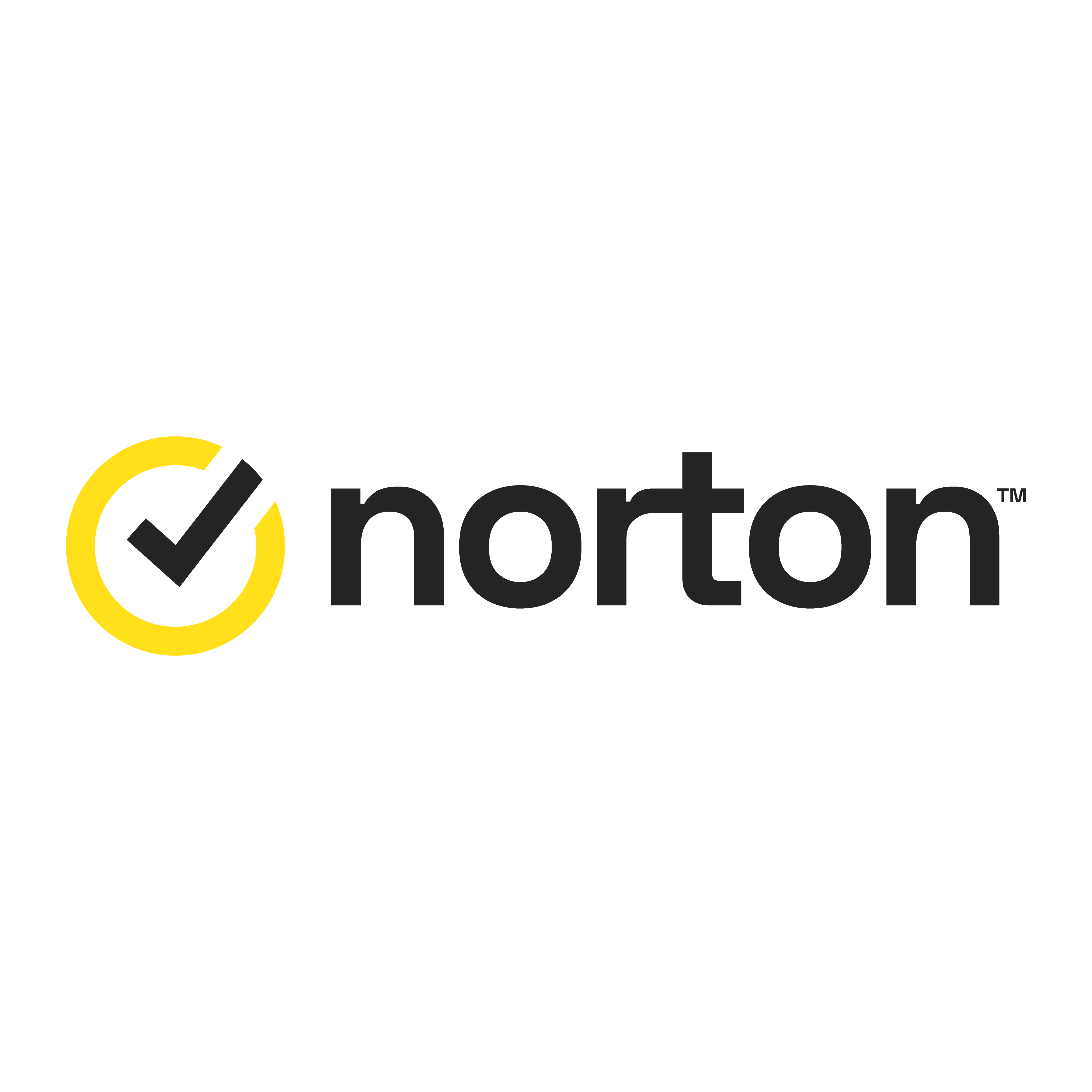There's a lot of chatter online about getting help with your computer setup, and, you know, finding clear explanations for things that seem a bit puzzling. Many folks are, apparently, always on the lookout for good insights when they run into a snag with their digital tools or security arrangements. It's almost like everyone wants a straightforward path to solutions, especially when it comes to keeping their systems safe and running smoothly. We've all been there, haven't we? That moment when something just isn't quite right, and you wish someone could just lay out the simple truth of it all.
This desire for straightforward explanations often leads people to search for "norton inquizitive answers" or similar phrases, hoping to find that helpful piece of advice that clears things up. Whether it's about a protective software package, how your emails are behaving, or even just what's happening on your network, getting solid information makes a real difference. You see, the digital landscape, it can be a bit of a maze sometimes, and having someone point you in the right direction feels pretty good, doesn't it?
So, we're going to talk a little bit about what people are curious about, based on some real-world questions and observations. We'll touch on various situations where someone might be looking for "norton inquizitive answers" or just general guidance on keeping their computer well-behaved and secure. It's about getting to the bottom of things, plain and simple, and understanding the ins and outs of your tech experiences.
Table of Contents
- What are people curious about with their computer protection?
- How do you figure out why your emails are acting strange?
- What happens when you bring new programs onto your computer?
- Are operating system updates always smooth sailing?
- Watching Your Computer's Connections
- Browser Behavior - When Things Go Sideways
- Community Information - Beyond the Tech
- Keeping an Eye on Security Tools and System Changes
What are people curious about with their computer protection?
One common area where people seek clarity is around the programs that keep their computers safe from bad stuff. For instance, someone recently asked if anyone had experience with the computer protection service offered by Videotron, and if so, what their thoughts were on it. That, you know, is a very natural question to ask when you are considering a new service or wondering about its real-world performance. People want to hear from others who have actually used it, to get a sense of what to expect, and whether it truly provides the kind of safety and peace of mind they are hoping for. It’s a bit like asking a neighbor about a new appliance before you go out and buy it yourself; you want that personal perspective, that genuine feedback, which can be so much more helpful than just reading a list of features. This kind of inquiry shows that people are really looking for practical "norton inquizitive answers" about how these protective services hold up in everyday use.
Exploring different kinds of computer protection and "norton inquizitive answers"
When we talk about keeping a computer safe, it’s not just about one piece of software; it's often a combination of things working together. You might have a built-in protective barrier, like the one that comes with your operating system, or you might use something from a company that specializes in security. There are, for example, programs like Kerio, Zone Alarm, Sygate, and yes, even Norton Personal Firewall, which many people have used over the years. These are all different ways to put up a shield around your computer, and people are often curious about which one works best for them, or how they compare. It's like choosing the right kind of lock for your front door; you want something that offers good protection but also fits your particular needs. Sometimes, too, your internet connection setup, like a router or something called NAT, also helps to keep unwanted visitors out. So, there are many layers to consider, and finding "norton inquizitive answers" about how these different layers interact is a common quest for many computer users.
How do you figure out why your emails are acting strange?
It can be pretty frustrating when your emails don't go where they're supposed to. Someone recently mentioned that a friend had a problem where mail sent to them was ending up in their deleted folder, which, you know, is definitely not where you want important messages to land. This kind of issue can make you scratch your head, wondering what's going on behind the scenes. It's a common experience, really, where something that should be simple, like sending an email, suddenly becomes a bit of a mystery. You start thinking about all the possible reasons: Is it something on my end? Is it on their end? Is there a setting that got changed without anyone realizing it? These are the sorts of puzzles that make people seek out "norton inquizitive answers" or just any helpful guidance they can find to get their digital communications back on track. It’s about restoring that smooth flow of information, so you don't miss anything important.
Sorting out email oddities and seeking "norton inquizitive answers"
When an email goes astray, it often points to something in the setup of your email program or the protective software you have running. Sometimes, a security program might be a little too eager and decide that an incoming message, even from a known contact, looks suspicious and automatically moves it to a different spot, like the deleted folder or a junk mail bin. Figuring out which setting or which program is doing this can be a bit like detective work. You might need to check the rules in your email application, or look at the settings within your computer's protection software. This kind of troubleshooting is exactly why people look for "norton inquizitive answers" or general guidance on how to adjust these settings to make sure their emails are delivered properly. It's about making sure your digital postman knows exactly where to put the mail, every single time.
What happens when you bring new programs onto your computer?
Bringing new programs onto your computer can be a mixed bag, and sometimes, you get more than you bargained for. Someone shared an experience where they downloaded and installed Limewire, a program for sharing files, and found that it had, as a matter of fact, brought along several other unwanted programs that were designed to spy on their computer activity. These extra programs, often called spyware, were thankfully easy to spot and get rid of in this particular instance. But, you know, it highlights a very common concern: when you install something new, you really need to be careful about what else might be tagging along. It's like inviting someone into your house, and they bring a whole bunch of uninvited guests with them. This is where people start looking for "norton inquizitive answers" about how to avoid these kinds of surprises and how to clean up their system if they do happen.
Understanding program installations and "norton inquizitive answers"
The act of putting new software on your computer, or installing it, can sometimes lead to unexpected additions. These extra bits of software might be hidden in the installation process, or they might be presented as optional add-ons that you accidentally agree to. They can slow your computer down, show you unwanted advertisements, or even gather information about what you do online without your permission. Learning how to spot these potential issues and prevent them from settling in is a big part of keeping your computer healthy. People are, basically, always trying to find "norton inquizitive answers" about how to safely download things, how to check for hidden programs, and what to do if they find something unwelcome. It’s about being a smart user and keeping your computer space clean and tidy.
Are operating system updates always smooth sailing?
Sometimes, when you update the main software that runs your computer, like Windows XP Service Pack 2 in one person's experience, things don't always go exactly as planned. This person downloaded and installed the update, and everything seemed fine at first. But then, they noticed that the built-in protective barrier, the Windows Firewall, was turned on, so they turned it off. After that, a new problem popped up: when they tried to go to certain websites using their internet browser, it would open the page for just a moment, and then the browser would completely shut down. That, you know, is incredibly frustrating, especially when you are just trying to browse the web. It shows that even official updates can sometimes lead to unexpected behaviors or conflicts with your existing settings. People are often searching for "norton inquizitive answers" when these kinds of odd behaviors appear after system changes.
Navigating updates and finding "norton inquizitive answers"
Operating system updates are meant to make your computer better and safer, but occasionally, they can introduce new challenges. What seems like a simple change can sometimes have a ripple effect, affecting how other programs or features on your computer behave. In the example mentioned, the turning off of the Windows Firewall after the update might have contributed to the browser issue, or it could have been an unrelated glitch. Figuring out the cause of such problems can be quite a task, and it often involves checking different settings, looking for error messages, or even trying to undo recent changes. This is where people really start to look for "norton inquizitive answers" or general troubleshooting guides, trying to understand why their computer is suddenly acting differently and how to get it back to normal. It’s about getting your computer to behave predictably again, which is something we all want.
Watching Your Computer's Connections
Keeping an eye on what your computer is doing in the background, especially its connections to the internet, is a good idea for security. One person mentioned using a free program called "aports.exe" to check for active connections, or ports. This kind of tool helps you see what's open on your computer's network front, which can be useful for spotting anything unusual or unwanted trying to communicate. It's like looking through a window to see who's trying to come and go from your digital home. Knowing what's active and what isn't can give you a better sense of control over your computer's safety. So, in some respects, this kind of monitoring is a key part of maintaining a secure system, and people often look for ways to do it simply and effectively.
Browser Behavior - When Things Go Sideways
It's incredibly annoying when your internet browser, the program you use to explore the web, suddenly stops working as it should. We heard about a situation where typing in a website address caused the browser to flash the page for a second before completely shutting down, and this only happened with certain sites. This kind of problem can be very puzzling because it's not a complete failure, but rather a selective one. It makes you wonder if it's the website itself, a setting in your browser, or maybe something else entirely interfering. When your primary tool for accessing information starts to misbehave, it's a real barrier to getting things done online. You know, trying to figure out why a browser crashes on specific pages is a common challenge for many computer users, and it often leads them to seek out solutions or explanations from others who might have experienced something similar.
Community Information - Beyond the Tech
While we're talking about seeking information and finding answers, it's worth noting that people look for solutions to all sorts of problems, not just those related to computers. For example, a Tarrant County court ordered Donald and Donna Norton to stop breeding and selling dogs from their home, and for their neighbor, John Durrell, and his family, it felt like a long battle was finally over. This story, you see, highlights how communities come together to address issues, and how information about such matters becomes publicly available. It shows that the desire for "answers" extends far beyond just technical issues; it encompasses legal matters, community disputes, and personal well-being. It's a reminder that people are always searching for clarity and resolution in many different aspects of their lives, and sometimes, those answers come from official sources or through the efforts of determined individuals.
Keeping an Eye on Security Tools and System Changes
Keeping your computer safe involves regularly checking on your protective measures. This includes making sure your Windows Firewall is active, or if you prefer, that a third-party software firewall like Kerio, Zone Alarm, Sygate, or Norton Personal Firewall is doing its job. Sometimes, too, the device that connects your home to the internet, like a router or a NAT device, provides a layer of security. It's important to understand these different components and how they work together to form a complete defense. We also heard about Apple's new macOS Sequoia update potentially causing issues with major security tools, which is a common concern whenever a big operating system change happens. This means that, basically, staying informed about how updates might affect your security programs is pretty important. It’s about being proactive and making sure your digital defenses are always up to date and working as they should, so you can continue to use your computer with confidence.
This article has touched upon various scenarios where individuals seek solutions and clarity regarding their computer experiences, from understanding different antivirus services and troubleshooting email issues to dealing with unwanted software installations and navigating operating system updates. We've explored the importance of monitoring network connections, addressing browser malfunctions, and even briefly looked at how people find answers to non-technical, community-related challenges. The discussion highlights the continuous need for information and practical guidance in managing personal technology and ensuring digital well-being.



